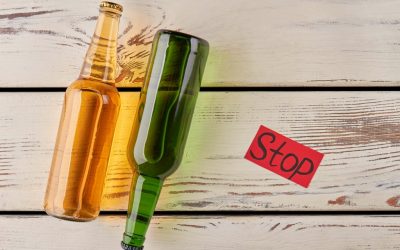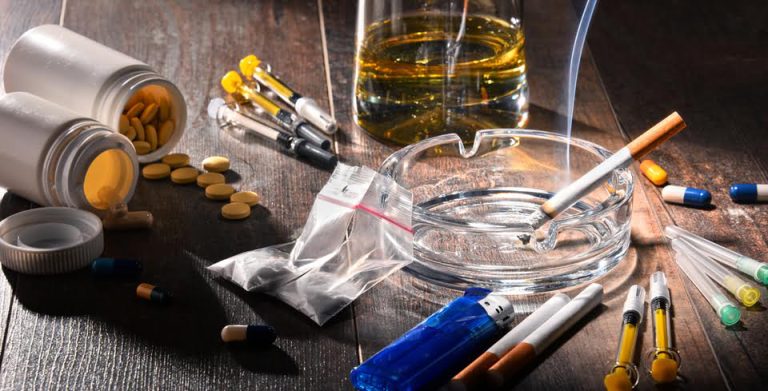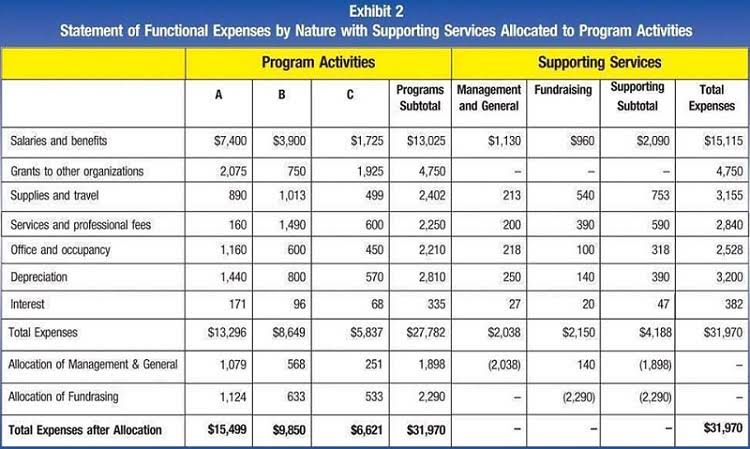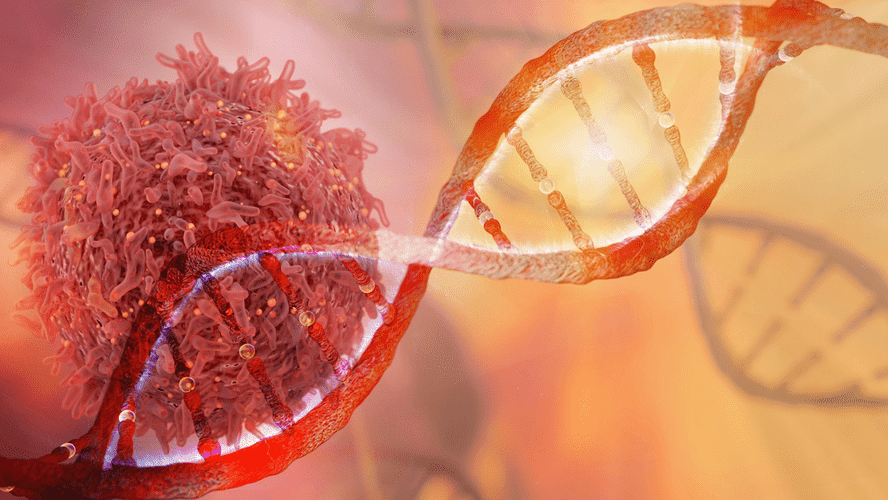Sometimes they think that avoiding high-risk situations is a sign of weakness. By the time most individuals seek help, they have already tried to quit on their own and they are looking for a better solution. This article offers a practical approach to relapse prevention that works well in both individual and group therapy. The challenge of this stage is to essentially develop and maintain healthy life skills that will serve you for a lifetime. An exciting part of this period is that it can lead you to a happier life full of welcomed change and constant improvement. Attend meetings for loved ones of those recovering from an addiction as a way of supporting yourself and connecting with others who can relate.
Neurological Impact and Behavioral Reprogramming

Professional therapy, including cognitive-behavioral therapy (CBT) and dialectical behavior therapy (DBT), helps individuals understand the root causes of their addiction. Therapy sessions provide strategies for managing triggers, developing coping skills, and improving mental and physical health. Once individuals recognize their addiction, intervention and support systems become vital. These may include therapy, support groups, or medical interventions for conditions like alcohol use disorder. Developing healthy coping mechanisms and accessing professional guidance are crucial steps in overcoming addiction’s grip and moving toward recovery. Any discussion of intervention adjustments to make treatment appropriate at each stage, however, necessarily must be oversimplified for three reasons.
Comprehensive Rehabilitative Services

Educating clients in these few rules can help them focus on what is important. Although gambling addiction is a serious, potentially dangerous disorder, it can be treated with a combination of therapeutic modalities, recovery resources, and supportive psychosocial services. These therapies and services are available through professional treatment programs that specialize in addressing compulsive gambling, with or without a co-occurring substance use disorder. Choosing to enter treatment or begin https://gazeta500.ru/es/how-to-dilute-pure-alcohol-with-water-the-recipe-for-cooking-homemade-lemon-vodka-from-alcohol/ any kind of substance abuse recovery program can be scary, but it is an important step in changing one’s life. The alcohol and drug addiction recovery process can look different for each person and is based on the level of care determined for a person, so treatment is often tailored to the individual.4 Program lengths vary. You may choose a 28- or 30-day, 60-day or 90-day inpatient drug rehab stay or an outpatient rehab program, and you might like to opt for specialized treatment options.
- The rush that accompanies a win can be so exhilarating that gamblers begin to crave it.
- When you reach out for help from a professional alcohol and drug rehab program, you begin the first stage of your recovery, treatment initiation.
- As in the early and middle stages, the leader helps group members sustain abstinence and makes sure the group provides enough support and gratification to prevent acting out and premature termination.
- Third, therapeutic interventions, meaning the acts of a clinician intended to promote healing, may not account for all (or any) of the change in a particular individual.
Leadership in Middle-Stage Treatment
- Studies show that those who detour back to substance use are responding to drug-related cues in their surroundings—perhaps seeing a hypodermic needle or a whiskey bottle or a person or a place where they once obtained or used drugs.
- They may have a list of reasons why drinking is bad and has negatively impacted their life, but they still cannot make that first step toward change.
- Informed by her personal journey to recovery and support of loved ones in sobriety, Jessica’s empathetic and authentic approach resonates deeply with the Addiction Help community.
- If you think you may have a drinking problem, you’re definitely not alone.
- It may feel strange and even empty to be living life without your addiction.
- Recovery from alcohol addiction generally follows the stages of abstinence, withdrawal, repair, and growth.
- Recovery is a process of change through which people improve their health and wellness, live self-directed lives, and strive to reach their full potential.
A basic fear of recovery is that the individual is not capable of recovery. The belief is that recovery requires some special strength or willpower that the individual does not possess. Past relapses are taken as proof that the individual does not have what it takes to recover [9]. Cognitive therapy helps clients see that recovery is based on coping skills and not willpower.
Of course, overcoming addiction is never a simple nor painless journey. Here, the problem begins to become more apparent and the user may silently consider coming to terms with their addiction. They will often say things such as “I can quit whenever I want” or “I only use to relax”. Oftentimes, the user is so caught http://fourhoofs.ru/?r=eating&id=197 up in their addiction that they actually believe these false statements. The addict will generally deny that their patterns of use are concerning or should even be a topic of conversation. At this stage, they will deny that their usage is a problem and that they ultimately have control over their habits.
- Stopping drug use is just one part of a long and complex recovery process.
- Support from professionals and family is vital for encouraging this self-reflection on substance abuse.
- In this stage, individuals habitually consume drugs, leading to increased tolerance and frequency.
- Even in the maintenance phases of addiction recovery, the risks of relapse are still significant.

For many alcoholics, the first step of this stage involves going through a detoxification, or alcohol detox, process. Because alcohol withdrawal can be life-threatening, detoxing in a medically managed environment is advisable. At the preparation stage, alcoholics have decided to make a change, and they are planning to take meaningful steps toward recovery in the near future. Contemplation can be an uncomfortable process, and feelings of guilt, shame, hopelessness and desperation are common as people reach this crossroads in their addiction journey. During this stage, people are experiencing the negative impacts of their alcohol addiction, but they have no intention of changing their behavior.

Social And Environmental Factors

Negotiating with oneself for a delay of use, which doesn’t deny the possibility of future use, and then getting busy with something else, capitalizes on the knowledge that cravings dissipate in about 15 minutes. Our free email newsletter offers guidance from top addiction specialists, inspiring sobriety stories, and practical recovery tips to help you or a loved one keep coming back and staying sober. However, with good preparation, the action stage can be an era of huge https://gencaile.az/energetik-ickil%c9%99rin-b%c9%99d%c9%99n%c9%99-verdiyi-bu-t%c9%99sirini-hec-bilirdiniz-d%c9%99hs%c9%99tli-fakt/ growth and healing for the patient and their loved ones. By clicking “Submit,” you certify that you have provided your legal name and phone number, agree to the terms and conditions and privacy policy, and authorize Addictionresource to contact you. You consent to receive SMS notifications and promotions from Addictionresource. American Addiction Centers (AAC) is committed to delivering original, truthful, accurate, unbiased, and medically current information.









